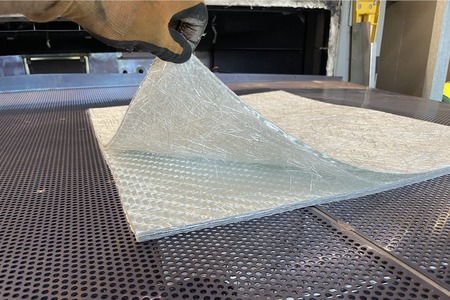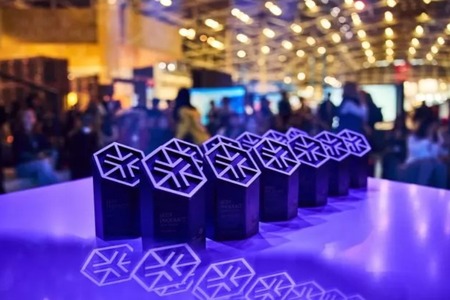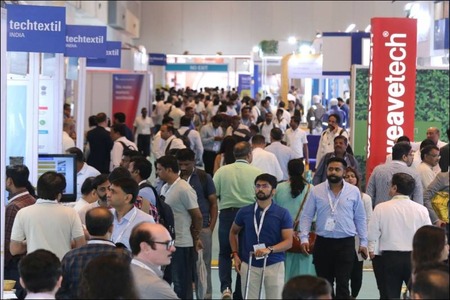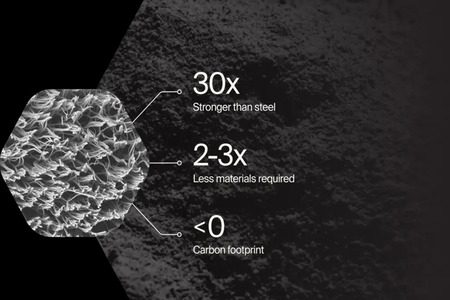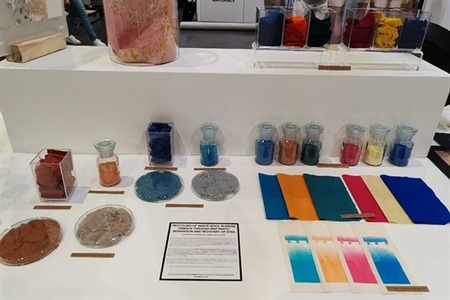
TEAM presents eco-friendly recycling and dyeing techniques
YarnsandFibers News Bureau 2024-07-24 15:18:47 – United KingdomThe Textile Engineering and Materials Research Group (TEAM) from De Montfort University Leicester (DMU) exhibited groundbreaking methods to enhance textile recycling rates and promote eco-friendly dyeing techniques at the UK's premier sustainability event. They presented collaborations that could provide alternative materials and solutions to reduce the environmental impact of textile production. Their efforts support the industry’s transition towards circularity.
Led by Professor Jinsong Shen of DMU and Loughborough University, the innovations highlighted included laser technology for dyeing textiles. This method significantly lowers energy, water, and chemical usage compared to traditional dyeing processes. Additionally, biotechnological approaches utilizing enzymes for dyeing textiles were showcased as sustainable alternatives, offering energy savings and reduced effluent waste.
Researchers from DMU and Loughborough, presented a biotechnology approach developed through a BBSRC-funded project. This method involves recycling waste wool and wool/bast fiber mixed fabrics, extracting flax and hemp fibers from waste materials, and recovering dyes from discarded wool fabrics in powder form. This innovative technique holds promise for reprocessing recovered dyes to dye or print new wool fabrics, making mixed textile materials recyclable and reducing landfill waste.
Professor Jinsong Shen, leading DMU’s TEAM, expressed, “We are thrilled at the opportunity to display our innovative technologies in the Innovation Hub Zone at this year’s Future Fabrics Expo. These pioneering innovations showcase our commitment to promoting textile sustainability and supporting the industry’s shift towards circular practices.”
Market Intelligence
Ask for free sample Report

experience
Customer Base
dedicated team
Countries Served Worldwide



